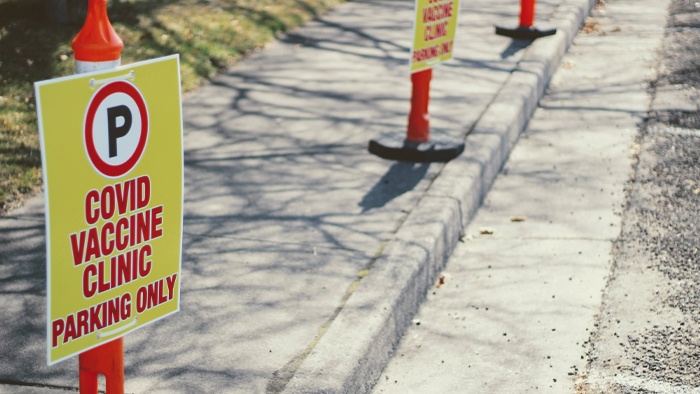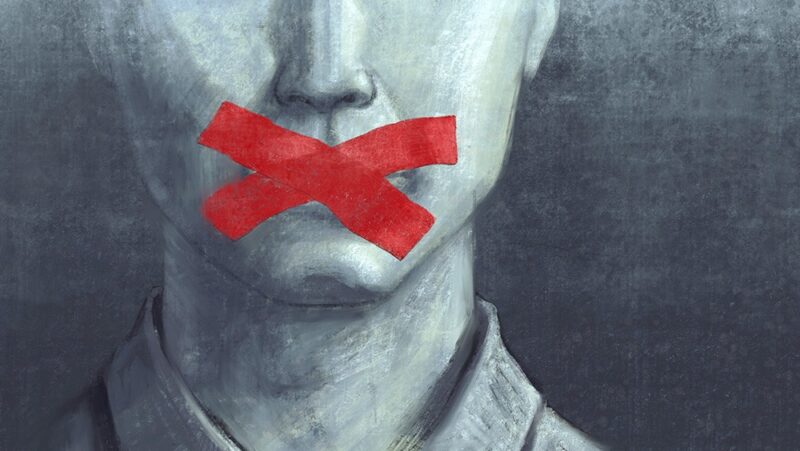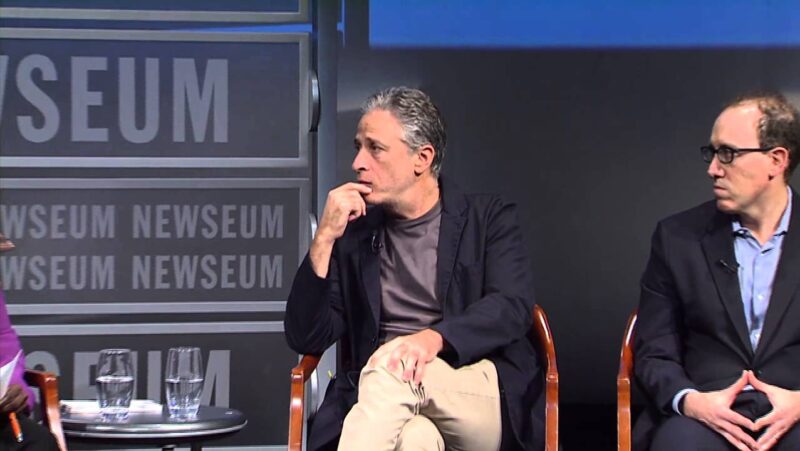Perspective: Divided Court Considers Religious Exemptions to Vaccine Mandates

Even as the United States grapples with a succession of COVID-19 variants, vaccination mandates face more legal challenges.
On January 13, 2022, the U.S. Supreme Court blocked a Biden administration directive that larger businesses either require employees to be vaccinated or have a masking and testing policy, even as the court allowed another federal vaccine mandate to go into effect for some 10 million health care workers. Nothing in these rulings stops the underlying lawsuits from proceeding – nor does either ruling speak to whether government must allow for religious exemptions from otherwise legitimate vaccination requirements.
That latter question is being tested in separate lawsuits. It is far from certain whether the courts will largely place religious freedom concerns ahead of public health considerations, or whether they will, as has historically been the case, recognize that public health, particularly in emergency situations, may come ahead of religious accommodation.
Vaccine religious exemption questions the courts are considering
Since October 2021, a six-justice majority of the Supreme Court has declined twice to hear applications by health care workers to temporarily block state vaccination mandates that do not allow for religious exemptions. Workers in Maine and New York sued their states, saying that it was a violation of the First Amendment’s protections of religious freedom to deny them the exemptions. They then petitioned the high court to halt enforcement of the mandates against them while their challenges work their way through the courts.
The high court’s decision to allow enforcement of the mandates for the time being sets no precedent with which lower courts must comply, nor does it mean that the health care workers will not ultimately prevail. In the meantime, lower courts are issuing conflicting opinions as to whether, and to what extent, religious exemptions must be allowed from government vaccination mandates. Trends at the Supreme Court raise questions as to what is coming down the road.
Why the Supreme Court could be shifting toward wider exceptions
From the first ruling on a challenge to government vaccine requirements in 1905, the Supreme Court has never held that Americans have a constitutional right to religious exemption from a mandatory vaccine.
However, today’s Supreme Court is increasingly ruling in favor of religious freedom claims in a variety of areas, including on matters that raise public health concerns. Last year, the high court preliminarily ruled in favor of a Los Angeles church’s bid to set aside capacity limitations imposed by California in response to COVID-19. But dissenting Justices Elena Kagan, Stephen Breyer and Sonia Sotomayor raised alarms that the court was moving in unprecedented fashion to set aside the judgment of local officials charged with protecting public health. Should just a couple of justices shift sides in cases such as the ones that arose from Maine and New York, we may see a similar sea change with respect to vaccination mandates.
Justice Neil Gorsuch disagreed with the high court’s decision not to temporarily prevent New York’s vaccine requirement from being enforced, arguing that the state’s action seems based “on nothing more than fear and anger at those who harbor unpopular religious beliefs.” This minimizing of New York’s public health concerns is more than a simple disagreement over whether the court gave sufficient regard to the health care workers’ religious accommodation claims. Gorsuch’s opinion sweeps so broadly that it would, as Dahlia Lithwick and Mark Joseph Stern, law and court reporters for Slate, have commented, overturn a long-standing approach to public health in the United States, rejecting the concept that states have an inherent and compelling interest in managing health crises.
How to balance sincere religious belief and public health
Disregard for public health concerns is not necessary to allow for religious exemptions. New York has said that it will consider claims for religious exemptions on a case-by-case basis. Further, most of the states that have imposed COVID vaccine mandates already explicitly allow for religious exemptions.
Gorsuch’s approach, if enacted, might leave states in an untenable position with respect to requests for religious exemptions — exemptions that must in these circumstances be afforded in appropriately narrow or limited fashion. Many of the people invoking religious objections to COVID vaccination have not previously expressed objections to other vaccinations. Some are submitting boiler-plate exemption claim forms downloaded from the internet, as opposed to expressing their particular religious beliefs. Others are obtaining letters of support for their exemption requests upon donation to certain churches. These actions all raise questions about the sincerity of the religious belief behind the requests.
There are legitimate questions to be asked to test the sincerity of an employee seeking a religious exemption. This must be carried out carefully to avoid discrimination or the appearance of thereof, whether by expression of hostility or appearance of retaliation. However, not asking these questions would open the door to gaming the system, as well as cast suspicion on the general validity of religious accommodations.
There are no easy answers in weighing how best to balance public health and religious freedom concerns. People raising religious objections to vaccination deserve a respectful hearing under standards that allow both religious freedom and public health concerns to be appropriately vetted. What cannot work is a sweeping and unnuanced approach that places religious freedom concerns ahead of long-standing public health considerations. The Supreme Court should not go there.
Richard Foltin is senior fellow for religious liberty at the Freedom Forum. He can be reached at [email protected].
Art Censorship: First Amendment Violation or Private Free Speech?
Watch: Comedian Jon Stewart and Newsweek reporter Maziar Bahari on the film “Rosewater”
Related Content

